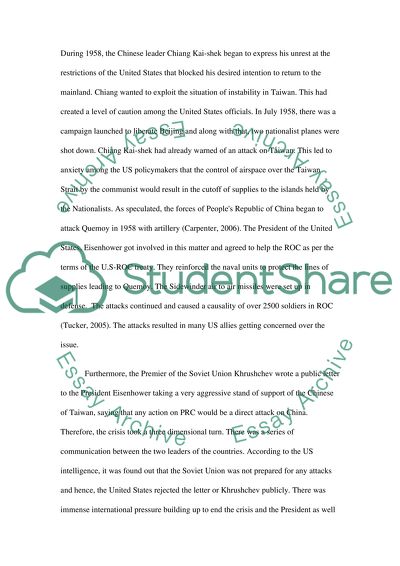Cite this document
(“Foreign Relations of the US and China 1958-1960 Essay”, n.d.)
Foreign Relations of the US and China 1958-1960 Essay. Retrieved from https://studentshare.org/history/1435506-foreign-relations-of-the-us-and-china
Foreign Relations of the US and China 1958-1960 Essay. Retrieved from https://studentshare.org/history/1435506-foreign-relations-of-the-us-and-china
(Foreign Relations of the US and China 1958-1960 Essay)
Foreign Relations of the US and China 1958-1960 Essay. https://studentshare.org/history/1435506-foreign-relations-of-the-us-and-china.
Foreign Relations of the US and China 1958-1960 Essay. https://studentshare.org/history/1435506-foreign-relations-of-the-us-and-china.
“Foreign Relations of the US and China 1958-1960 Essay”, n.d. https://studentshare.org/history/1435506-foreign-relations-of-the-us-and-china.


